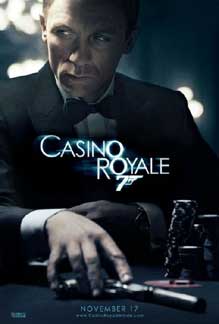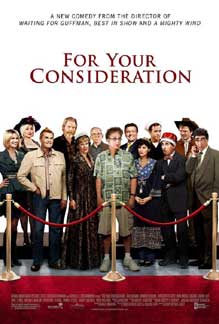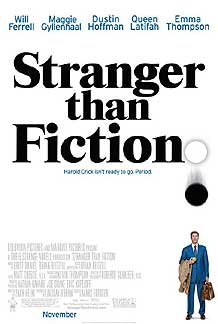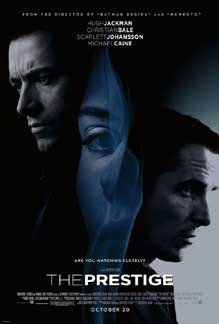I have been fascinated by time travel for as long as I can remember. Quite frankly, anyone who has regrets who isn’t fascinated by time travel and the endless potential it offers to get “it” right the second time around probably isn’t paying attention. That not paying attention is something that the makers of Déjà Vu counted on when they pumped out this limp thriller.
Called to the scene of a massive and brutal bombing of the Algiers to Canal Street ferry, Agent Doug Carlin (Denzel Washington) proves himself to be a capable investigator right off the bat as he determines that the best place to find the residue of whatever fuel was used to make the bomb that helped kill over 500 ferry passengers would be on the underside of the Crescent City Bridge. Caught in multijurisdictional hell (Carlin is ATF but, of course, the FBI, the NOPD, and the Department of Homeland Security want in on the case), Carlin is recruited by Agent Andrew Pryzwarra (Val Kilmer) for a special “task force” that makes use of experimental technology (a ring of satellites, or so they say) that allows this task force to view footage of just about anywhere – with audio – in enormous detail.
Because he’s not completely dim Carlin quickly figures out that there is more to Agent Pryzwarra’s task force than meets the eye. Indeed, the overstuffed complement of nerds Denny (Adam Goldberg), Shanti (Erika Alexander), and Gunnars (Elden Henson) have created an Einstein-Rosenberg bridge that, in theory, will fold to points in time together and greatly reduce the distance between them. How, you ask? By accident and by blacking out half of the Eastern United States.
Carlin is convinced that a murder victim, Claire Kuchever (Paula Patton), who washed up after the bombing but died before the explosion is the key to solving the ferry crime. Suffice it to say that he has our little time spys concentrate on this woman and her movements in the 4 days prior to the bombing.
I can’t begin to describe the rest of the plot because it is, simply, to trite for words. Can we send something back in time to help stop the bombing? Theoretically possible but what happens if we change something < shock and horror! > Time might branch, or even change completely. No, instead we get to watch Carlin’s partner, 4 days in the past, be murdered in cold blood by our “terrorist” Carroll Oerstadt (Jim Caviezel) (Could they have made him more Aryan?). Well, could we send a person back, someone who knows what “has happened” who might be able to prevent the bombing? Three guesses and the first two don’t count. The women in my theater were just happy to see Denzel stripped down to his t-shirt and boxers.
Possibly one of the top five most boring things in the world to watch on screen is people talking on the phone. This movie continues a disturbing trend that makes cell phones a key plot device, at one point even having a version of Carlin walking through a row of body bags in which a cell phone is ringing. Another of those top five things is watching other people watch video footage, which is essentially the middle act of this film.
Part of the reason this movie doesn’t work is that it doesn’t take into account the perennial problem with time-travel movies: the grandfather paradox (i.e.: you can’t go back in time and turn out to be your own grandfather). The Carlin at the beginning of the movie, a movie that opens with the ferry bombing, discovers things that could only have been done by the Carlin of later in the film who has traveled back in time (except, he hasn’t yet). It’s enough your head hurt.
For that, for the fact that everyone in this film except Adam Goldberg, who manages a very nice quip involving cowbell, seems completely and utterly bored, I have to give this film 1.5 popcorns out of 5.

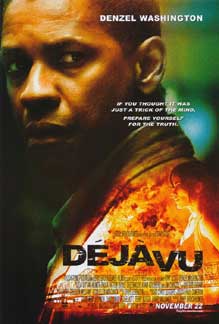
Visit the official site (Requires Flash)
For more info on déjà vu visit Howstuffworks.com
http://people.howstuffworks.com/question657.htm

